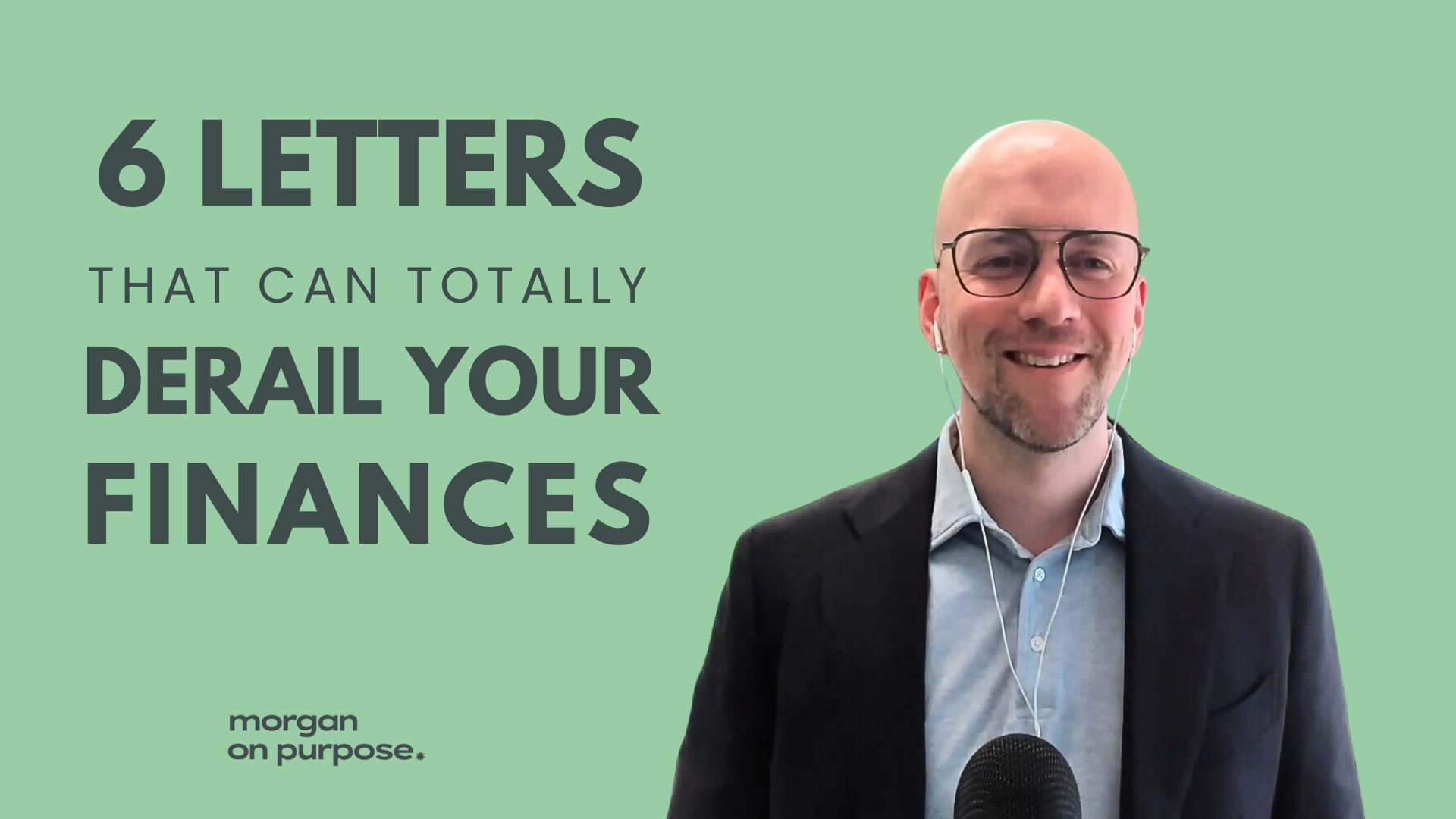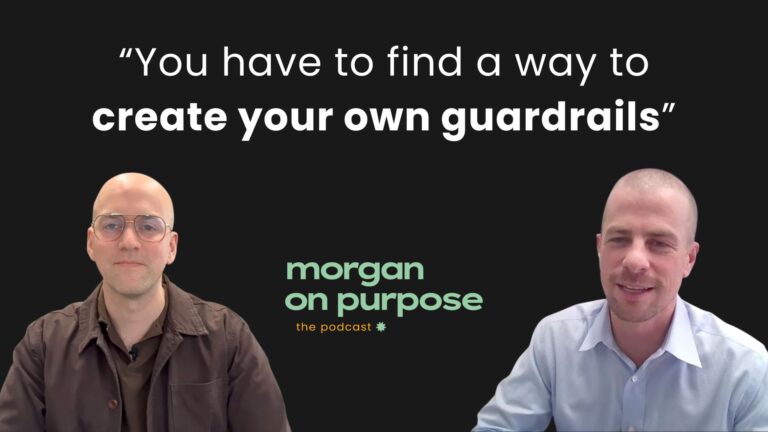In the real world, we tend to warn our children about four-letter words. When it comes to managing your money, however, there are six letters that can be far more damaging than even the worst curse word:
IF ONLY
Those two words may seem harmless, but I’ve seen them ruin more than a few financial plans. Many of us fall into the “if only” trap without even realizing it.
- If only I had saved more for retirement.
- If only a rich uncle left me an inheritance so I could pay off my student loans.
- If only I won the lottery, this credit card debt wouldn’t be a problem.
- If only I knew what I know now when I was younger.
- If only that divorce hadn’t wiped out my savings.
Most of those sound reasonable enough, right? The problem is—if onlys are a product of a victim mindset. They take our agency away by placing blame on other people, the situation, or the universe overall.
To put it as bluntly as possible: Every time you say if only, it is that much harder to reach your financial goals.
Breaking free from if only
A quick sidebar before we dive into breaking free from the if only mentality:
It’s entirely possible that your financial situation isn’t your fault. It might be true that you could have saved more for retirement or that a divorce set your finances back. The goal here isn’t to absolve the people who wronged you or force you into accepting blame for things you shouldn’t.
Instead, our goal in breaking free from if only is to reclaim a sense of agency. You are the main character in your life. That means you, and you alone, can hit reset and start improving your finances going forward.
Unfortunately for financial advisors like me, reclaiming your agency and taking small steps toward fixing your finances will almost always be less glamorous than a rich uncle leaving you a surprise inheritance. Fortunately, however, the slow and steady approach has a high success rate once people shift their mindset.
The easiest way to stop thinking, “If only I had [whatever thing you don’t have],” is to start thinking, “Thank goodness I have [whatever thing you do have].”
For many of us, the things we have now were things we dreamed of once upon a time. If you own a home, think back to when you were saving up for that first down payment and dreaming about equity and rent-free living.
Gratitude doesn’t only apply to finances and things, either. If you woke up today and were able to get out of bed and walk your dog—that’s cause for gratitude; there may come a day when you can’t do either.
Being grateful for what we do have helps us get our head on straight, but more than that, it reminds us that we have agency to make change happen—for better or worse.
Get started with gratitude
Being grateful when you feel stuck or overwhelmed is one of those tasks that’s easier said than done. The best advice I can give you here is to simplify things. Consider German Theologian Meister Eckhart’s words on the matter: If the only prayer you ever say in your entire life is thank you, it will be enough.
Like I said: Simplify. Start with thank you.
Next, recognize how hard it is to stay grateful. Our brains are hardwired to focus on the negative. Paying attention to threats and danger is what keeps us alive, from an evolutionary perspective.
These days, however, focusing on the negative can be a recipe for stress and unhappiness. When you’re frustrated about something—even if that frustration is completely valid—see if you can flip the script.
Nothing about getting rear-ended feels good in the moment. But if you look closely, I bet there are a few things to be thankful for. Is everyone safe? Do you have insurance?
How you approach gratitude may depend on your personal philosophy in life—your purpose, if you will. Some people find it easier to express gratitude when they relinquish control to a higher power. Others find it easier to be grateful when they stay focused on tangible objectives—whether it’s focusing on family or saving for retirement.
Part of living with purpose is not just figuring out what you want and going after it with intention, it’s also about appreciating what we have and taking agency for where we are.
Questions? I’d love to connect.
Or, explore more of my thoughts on how to have Money With Purpose in paperback.


